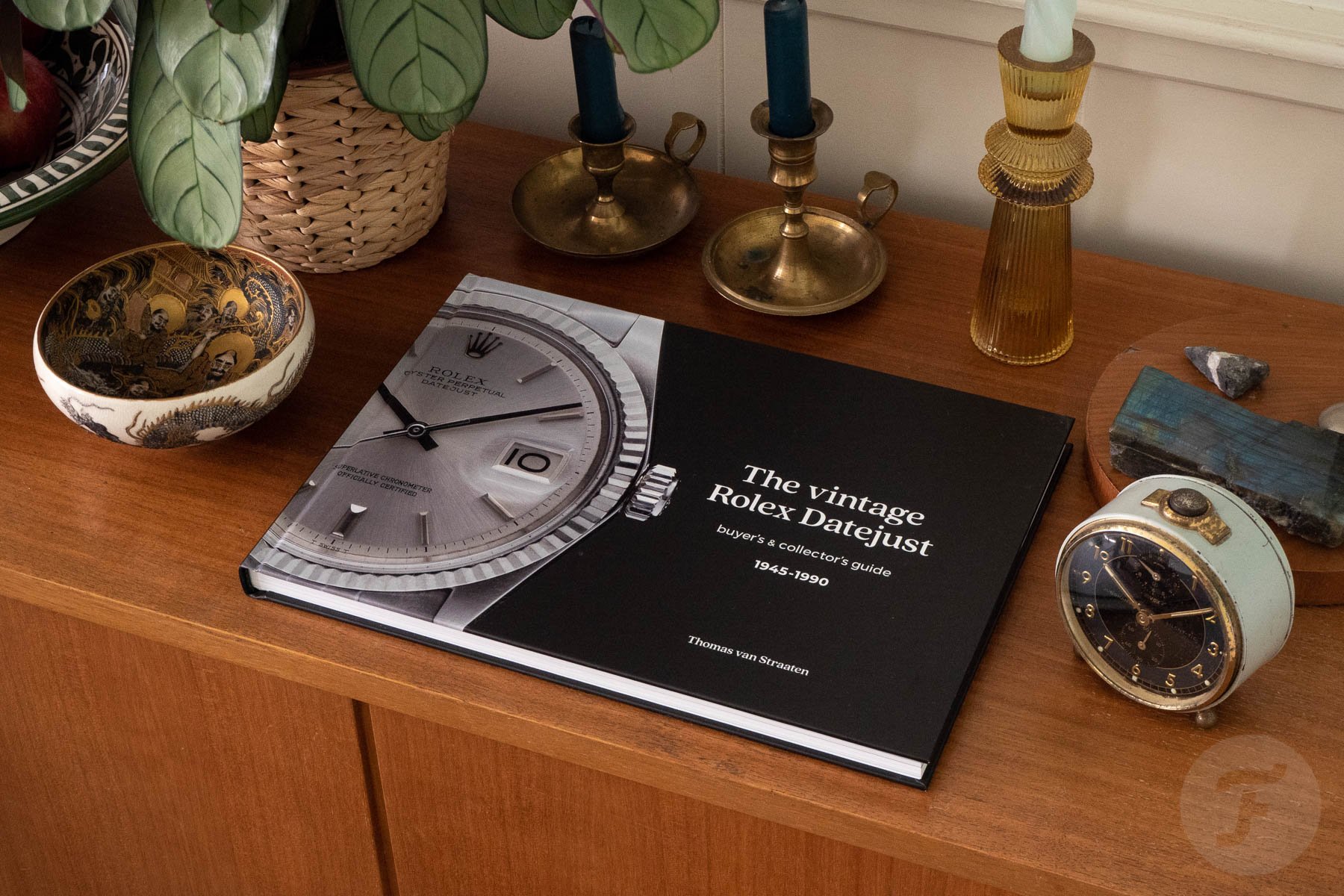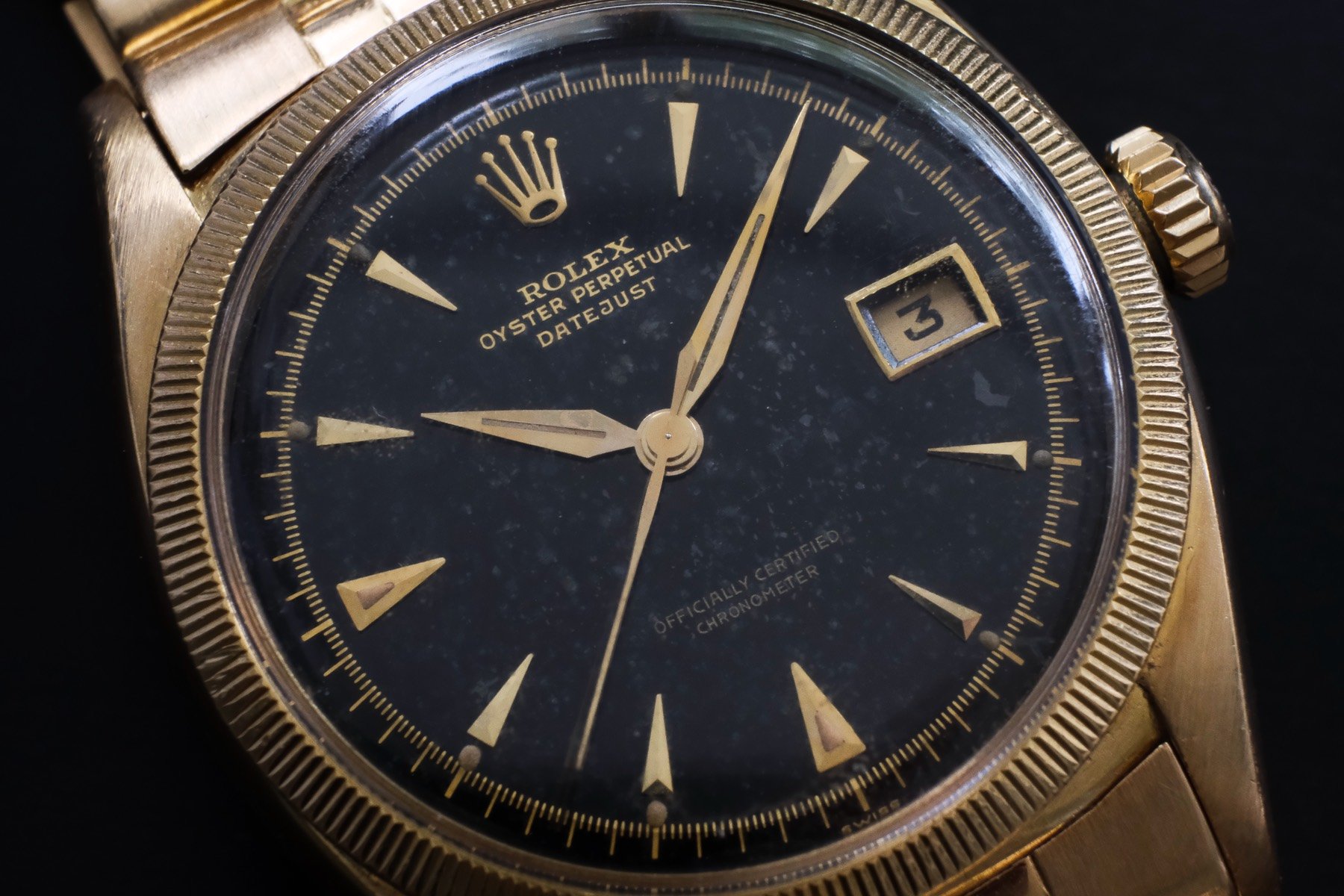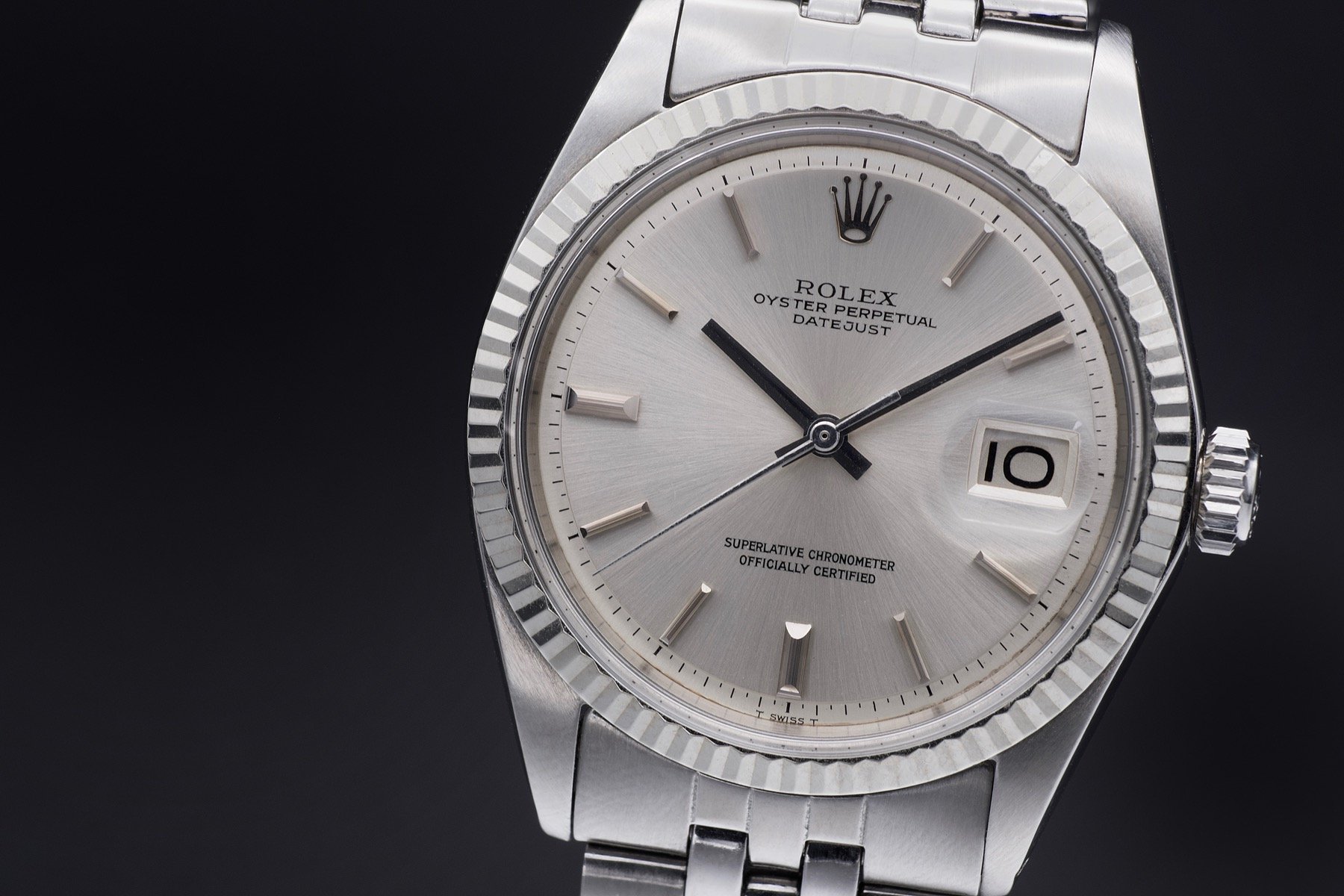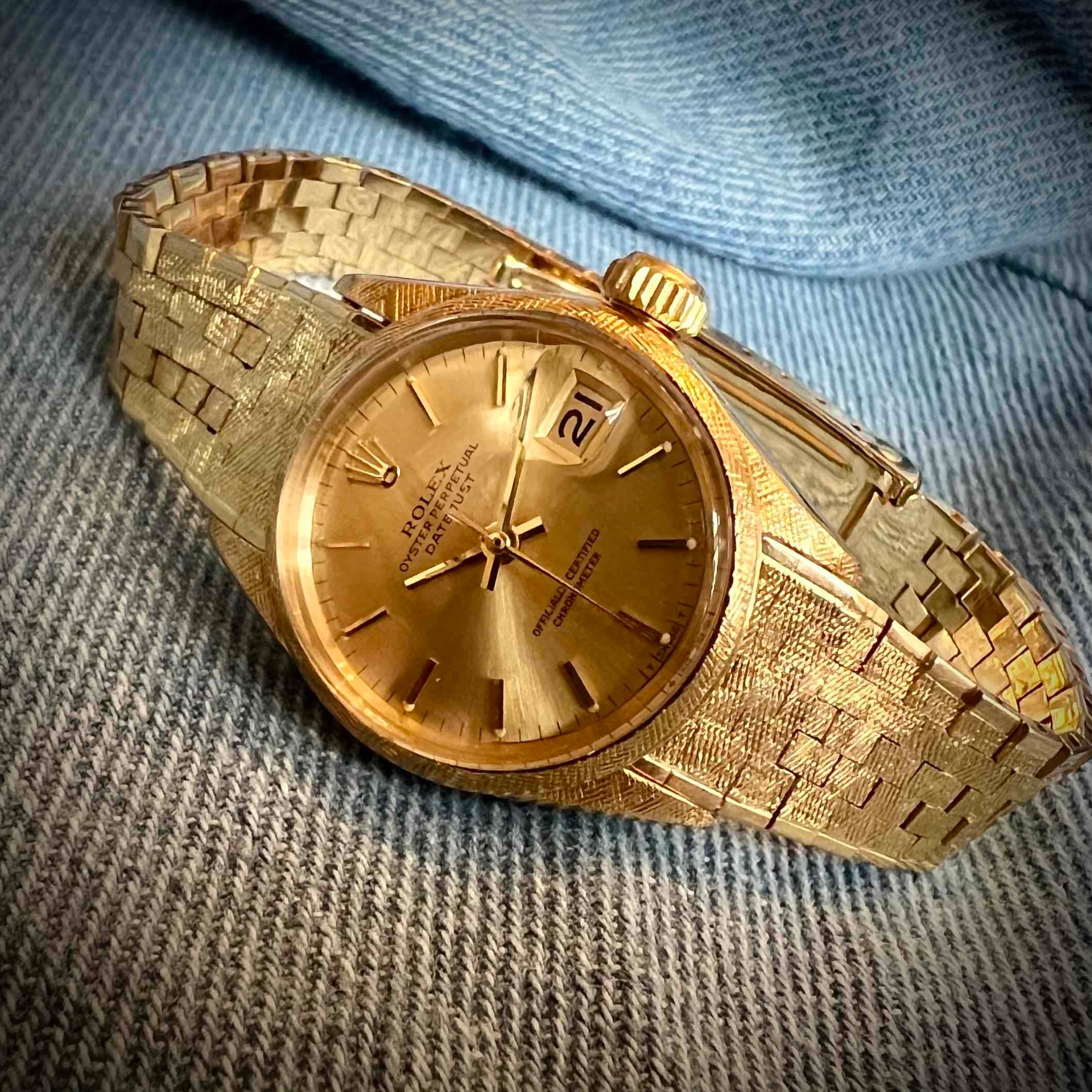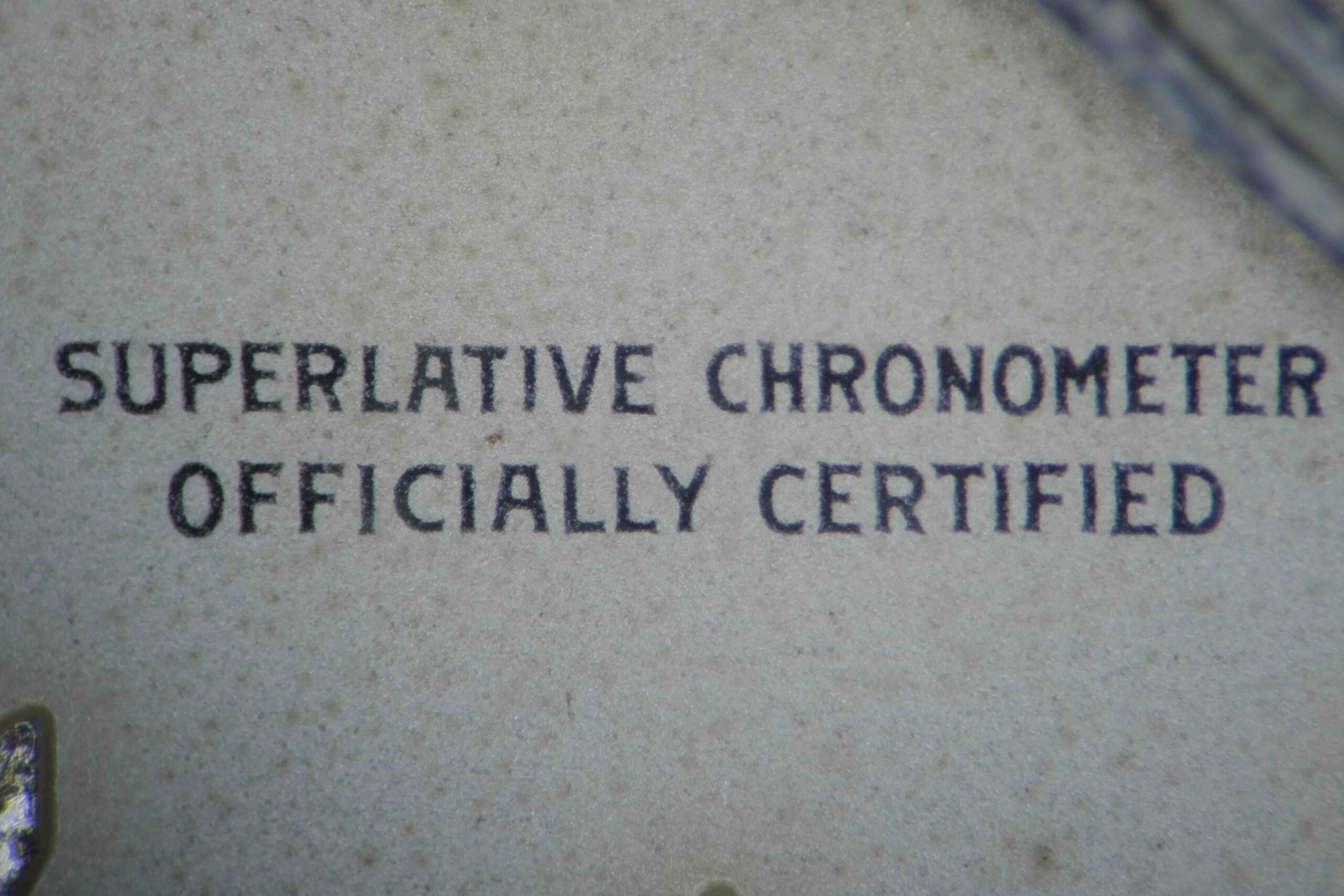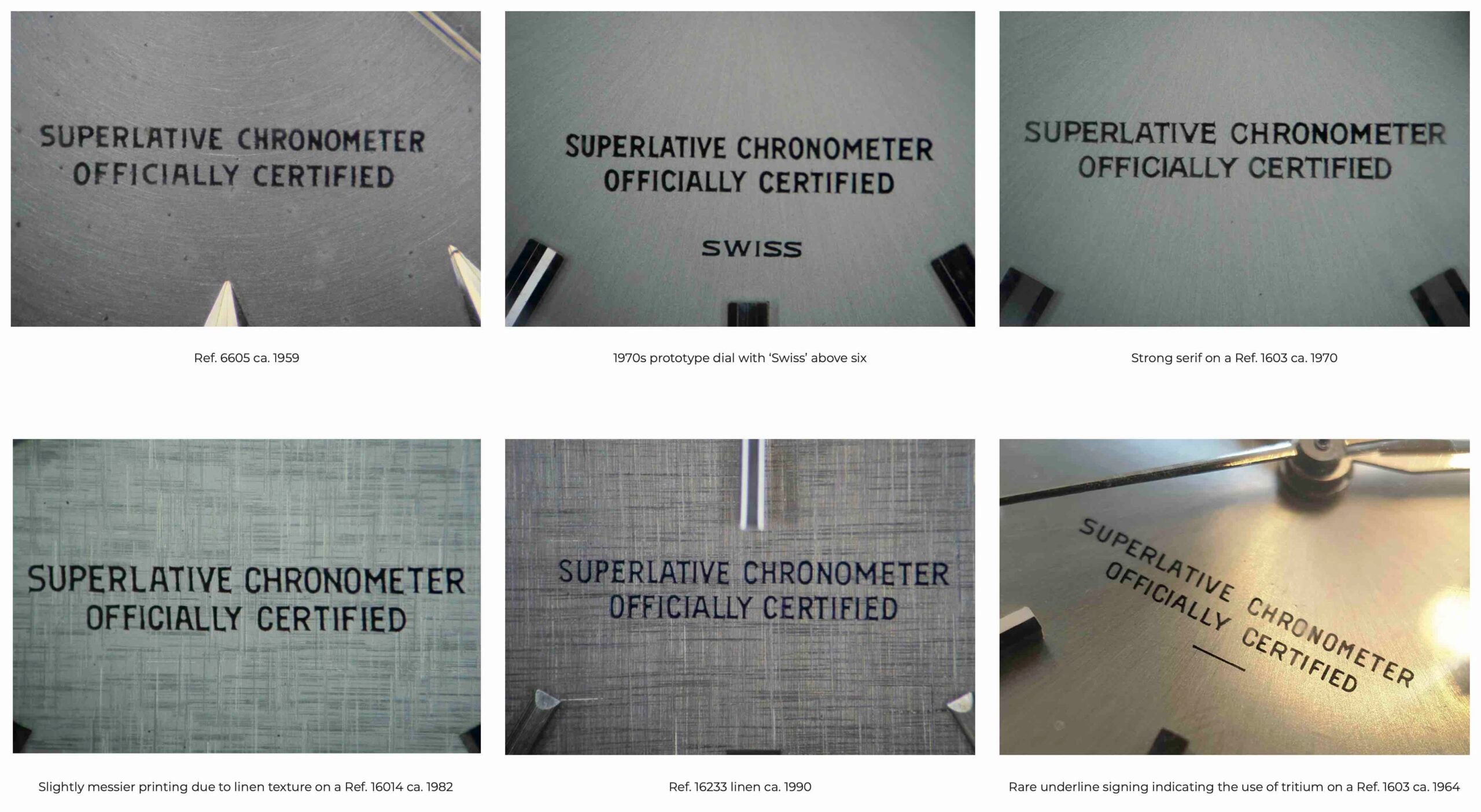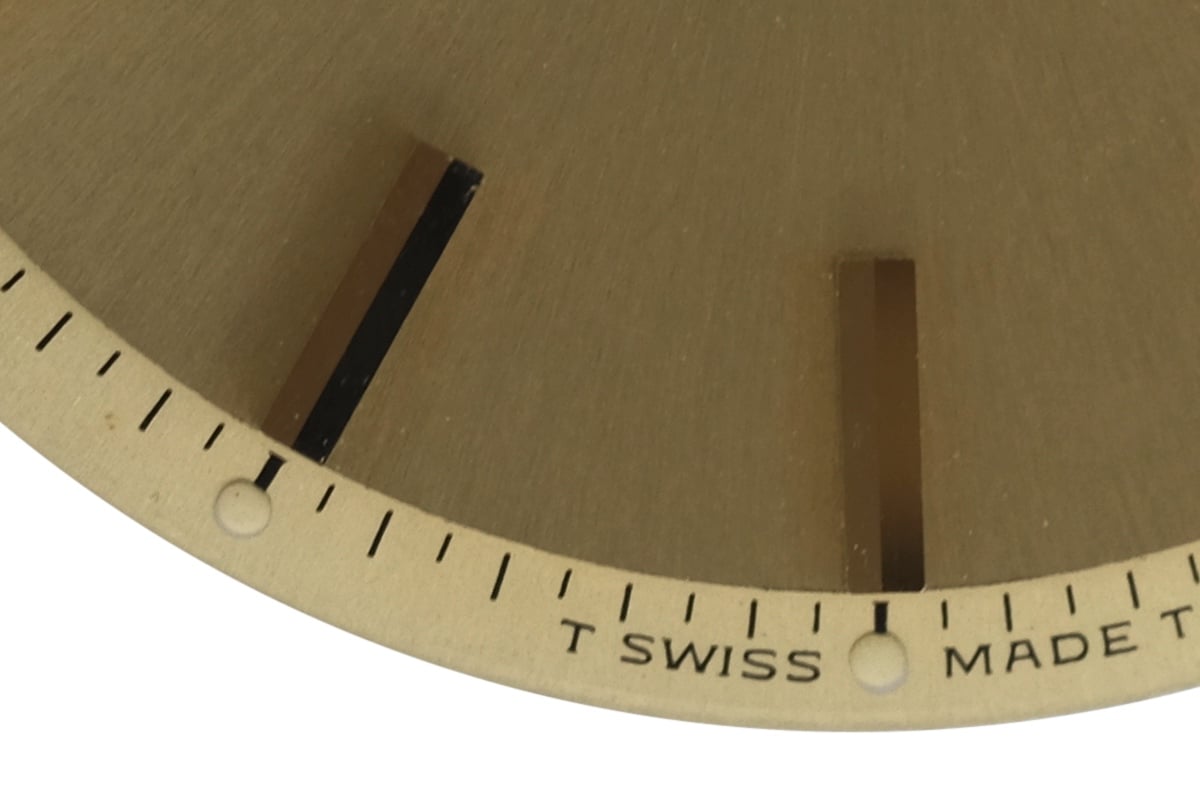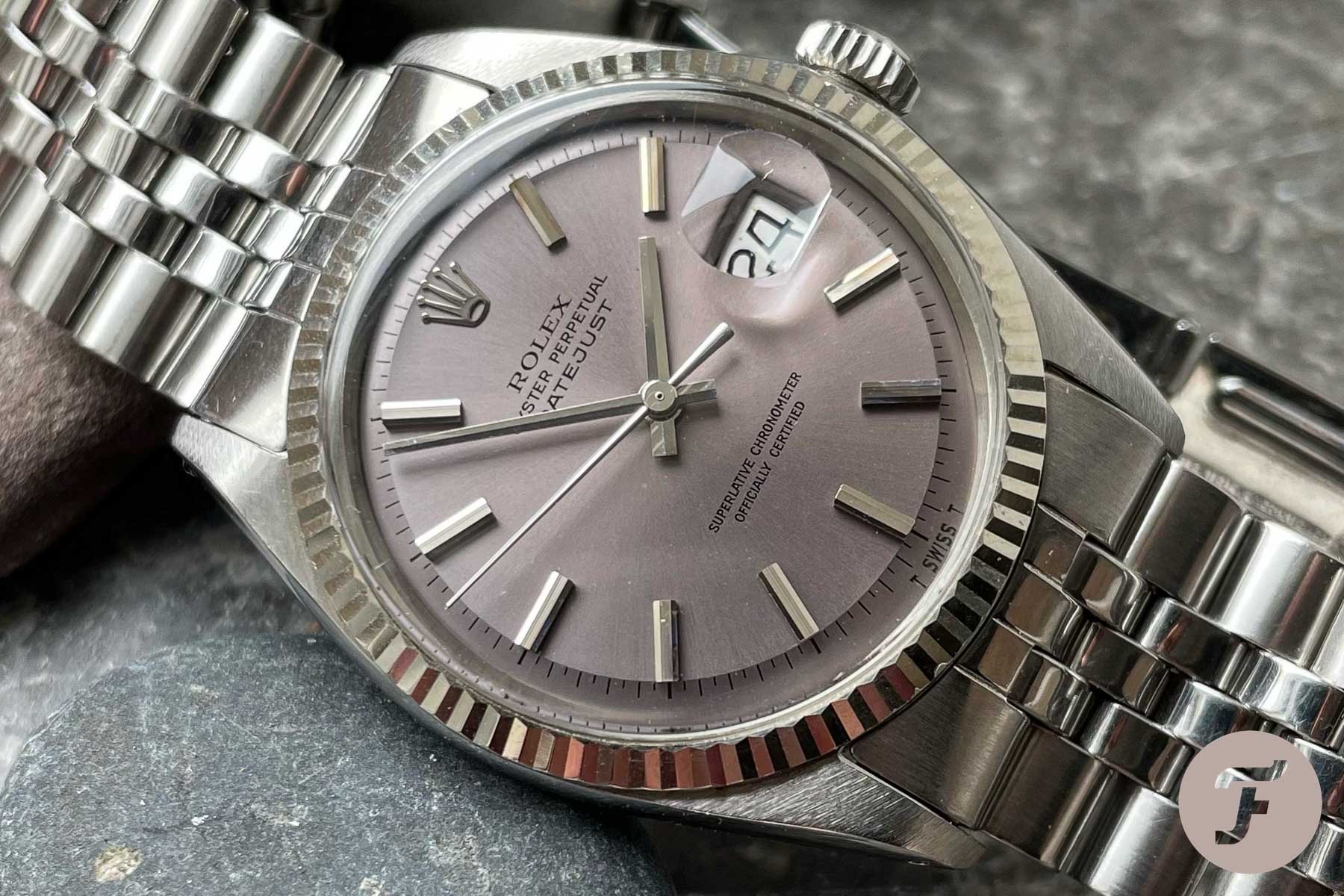A Closer Look At The Sheer Variety Found In Vintage Rolex Datejust Features
There is one watch I sold more of than any other during my tenure at Amsterdam Watch Company — the vintage Rolex Datejust. From first-time buyers to seasoned collectors, the watch has an undeniable pull for many. Our own Mike is a prime example. While writing The Vintage Rolex Datejust Buyer’s & Collector’s Guide, the sheer variety I encountered staggered me. So today, I would like to give a little taster of what you may come across.
There are tons of cool little details worth exploring. Consider this a vintage Datejust nerd’s presentation of things that matter only to other nerds. All the content here comes from my book, so if this is your kind of nerdy, you might want to check that out.
Vintage Rolex Datejust history 101
The Rolex Datejust is quite an essential watch in the brand’s history. I will not pretend to be able to cover that history in full here. However, a quick recap is good to provide the bare minimum of context. The Datejust was introduced in 1945. The first model, ref. 4467, was an adaptation of the 1943 ref. 5026. The small seconds register at six was omitted in favor of a central seconds hand. More crucially, an instantly changing date was added. The name “Victory” was considered but deemed too political. It was not until 1953 that the name “Datejust” was put on the dial. It was, however, already officially named such since its introduction.
The now-iconic Jubilee bracelet was introduced with the first Datejust in ‘45. To keep things manageable, we will jump to 1959 next. That year saw the introduction of the 16xx family of references. This is your typical vintage Rolex Datejust with a pie-pan dial and a non-quickset date. The pie pan disappears, and quickset emerges in the 1977 introduction of the 16xxx family. The last generation I cover in the book follows in 1988, adding a sapphire crystal, among other updates.
These three generations make up — by some margin — the most popular full-size vintage Rolex Datejust models. They also make for the easiest daily companion since older models can be a bit harder to service.
The obvious stuff — bracelets, bezels, materials, finishes
Upon its introduction, the Datejust was Rolex’s flagship model and only available in precious metals. That sounds familiar, right? Indeed, this is the position that the Day-Date currently holds. From 1953 onward, you will find examples in steel as well as two-tone. So whether you want full rose or yellow gold, a little bicolor, or plain steel, you will find it all.
Then we have the bezels. Of course, we all know the fluted, engine-turned, and smooth bezels. Early models, however, featured the finer “reeded” bezels. And then there are various ultra-rare variants such as Morellis, Bamboo, Zephyr, Moreau, Moiré, and others. Of course, the dials themselves can have tons of finishes, materials, and colors too. From sunburst silver to denim-blue linen and from wood to stone, it is all there.
The last fairly obvious one is the bracelets. Of course, you have the classical Jubilee, which comes in folded and solid versions. American and Mexican-produced Jubilees, however, feature a different profile. Their links are oval rather than flat-bottomed. Vintage Datejusts were also sold on Oyster bracelets in several variants. Of course, dealers used to swap bracelets according to their customer’s desires too, so don’t be surprised to run into a gold Datejust on a President.
Vintage Datejust dial printing
Things get really interesting once you allow yourself to get lost in the smaller details. Dial printing, for instance, is a source of tons of variation. The clichés used in pad printing used to be cut by hand, and the resulting typefaces were extremely uneven. Of course, this all got improved over time, but there is no denying there is a ton of character in the imperfections of vintage Datejust models. Have a look at the pictures here. You see significant differences in thickness, for instance. But look closer, and you see letters shaped entirely differently between dials. The typical pointy serifs are also way more exaggerated on some than on others.
It is not just how the text is printed that varies but the text itself too. We all know the standard “Superlative Chronometer Officially Certified” text. But you can also find the very rare “OCC” dials, displaying only “Officially Certified Chronometer.” Lastly, I have a little gem for you in the shape of a 1970 prototype dial with “Swiss” floating under the “SCOC” line.
Indices on vintage Datejust dials
Vintage Datejust dials were made by Singer, Beyeler, Lemmerig, and Stern. Sourced from different suppliers and iterated over time, there are tons of variations in indices. I am not talking about the obvious stuff like applied indices, diamond indices, or printed Roman numerals. Even within the applied indices, there are countless variants to be found.
Have a look at the images here. You see simple, applied sticks, but it quickly escalates from there, from “Bon-Bon-Blocs” in one width to the same style in two different widths. There are “barn” markers, as well as bell-shaped ones. Then there are black-topped ones, as well as rectangular “pool” style markers, filled with lume. And if that is not enough for you, there are “doorstop” markers and even faceted ones.
A collector’s dream
The sheer variety you can find in the vintage Datejust realm has an undeniable appeal. Once every couple of months, I get a text from Mike with pictures of some gorgeous vintage Datejust. He usually finds some rare dial color or other specifically collectible features. A case in point is his latest vintage Datejust acquisition, which features a lavender no-lume dial. And I totally get it. If you allow yourself to get sucked in, you are doomed.
If you could have your pick, what vintage Rolex Datejust would end up on your wrist? Let us know in the comments below.
Of course, you can get your copy of The Vintage Rolex Datejust Buyer’s & Collector’s Guide here.
You can also find and follow me on Instagram: @time_travelers_journal

